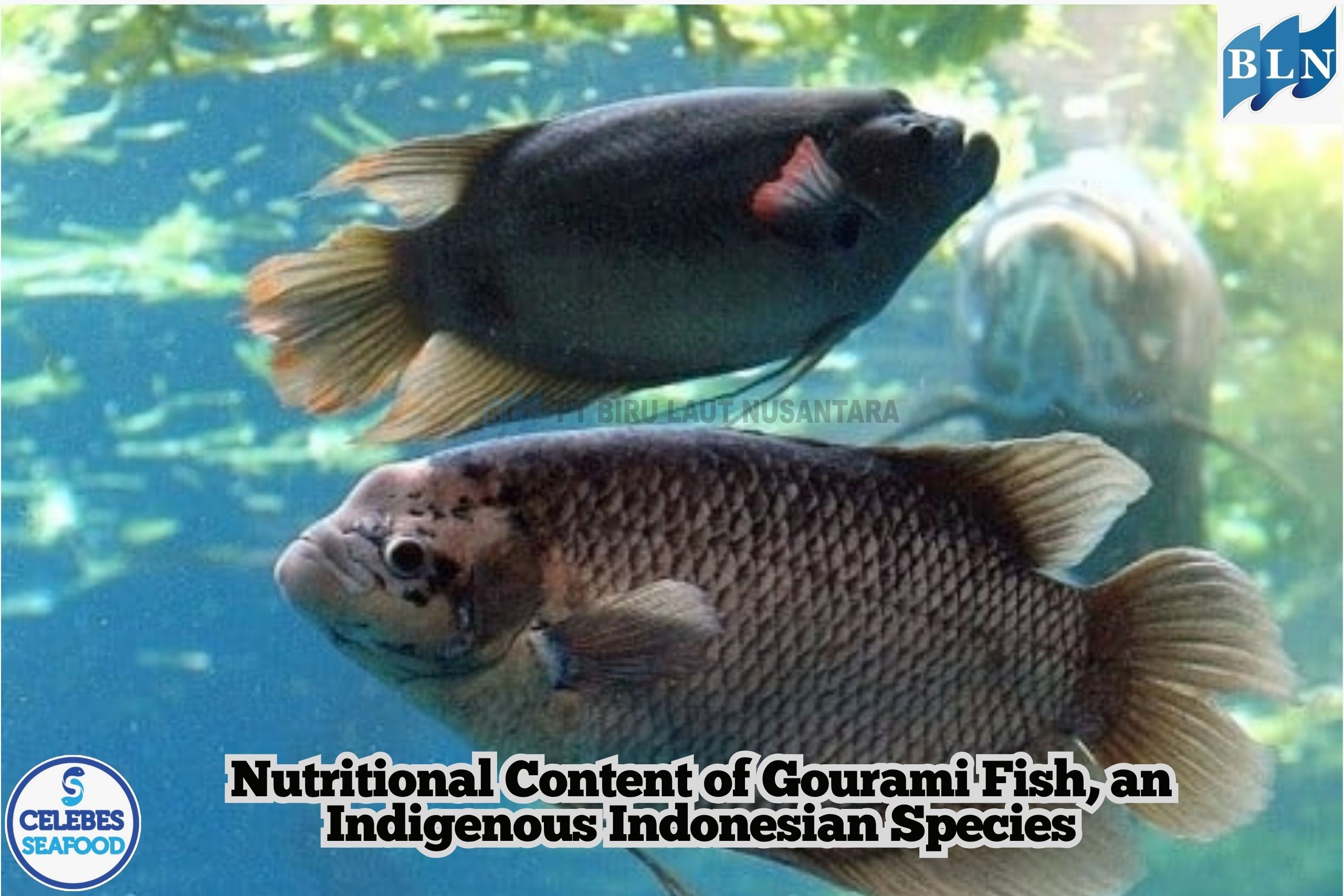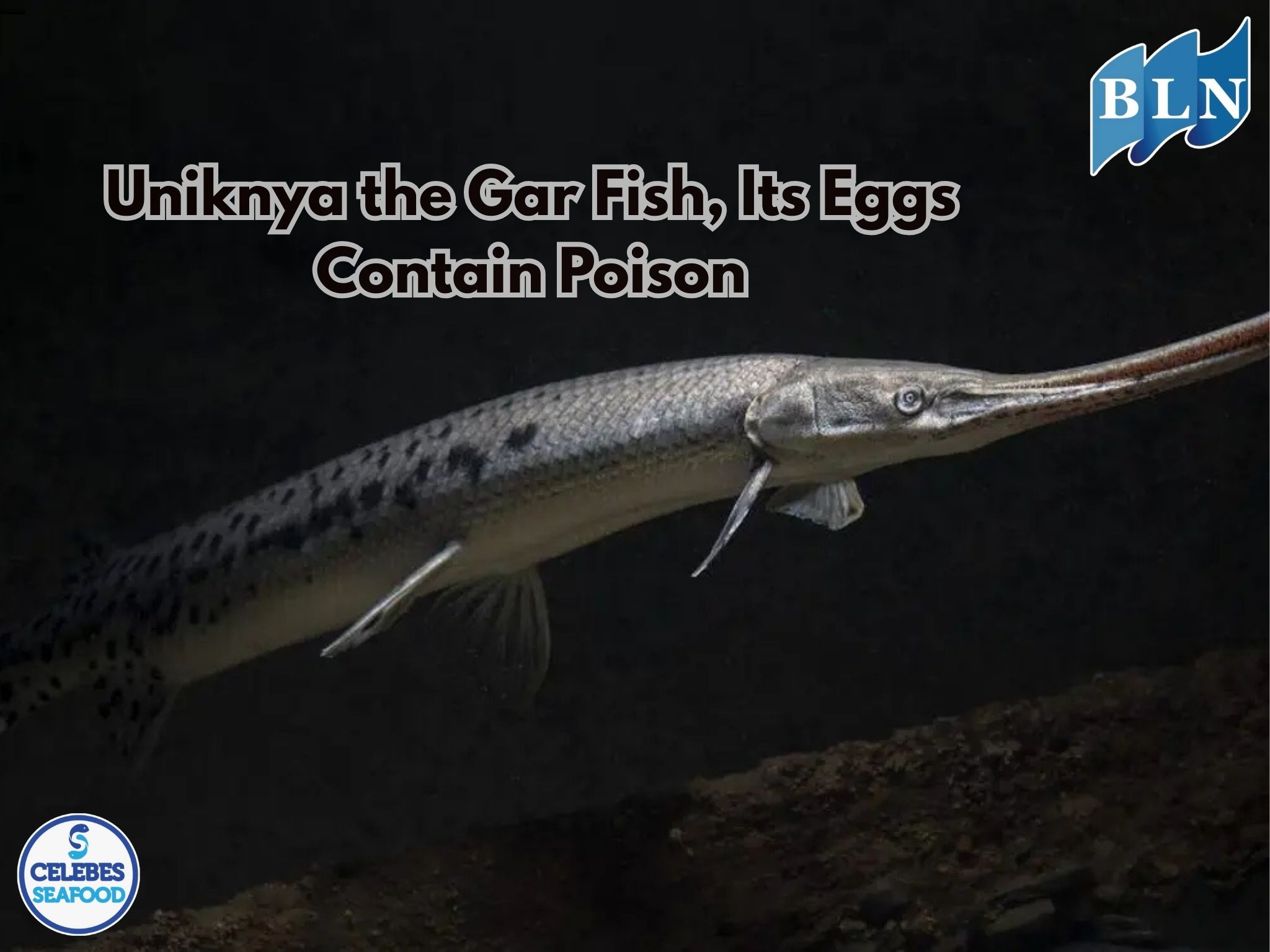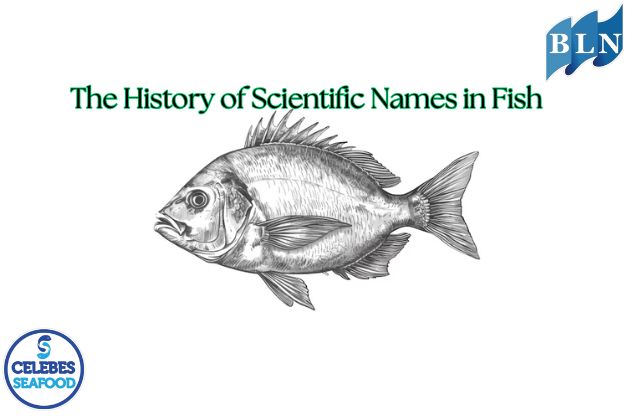The Important Roles of Tuna in Marine Ecosystems
By. Nevanda - 29 Sep 2023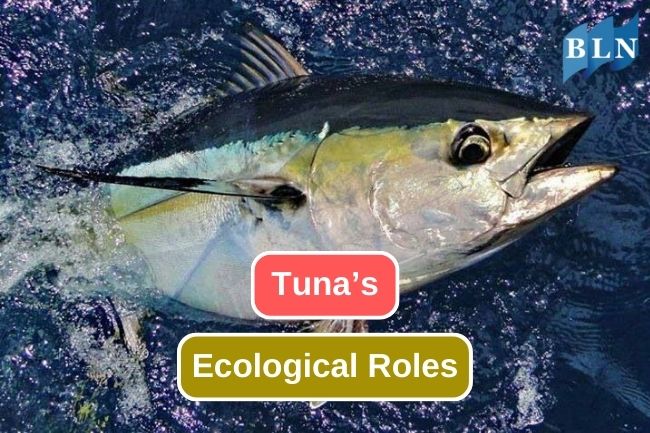
lautnusantara.com - Tuna species play important ecological roles in marine ecosystems due to their position in the food web and their interactions with other species. Here are some of the ecological roles of tuna in the ocean:
1. Top Predators
Tuna are apex predators in the marine food chain. They prey on a variety of smaller fish, squid, and other marine organisms, helping to control the populations of these prey species. As top predators, they help maintain the balance and health of the ecosystems they inhabit.
2. Maintaining Population Balance
Tuna, through their predation, help to regulate the populations of their prey species. This, in turn, can have cascading effects on the abundance and distribution of other species in the ecosystem. By controlling the numbers of smaller species, they prevent overpopulation and resource depletion.
Read also: How Oyster Spat Collection Process Works
3. Migration and Nutrient Transport
Tuna are known for their extensive migrations across vast oceanic distances. During these migrations, they move nutrients from one part of the ocean to another. Their waste products and carcasses can serve as a source of nutrients for other marine organisms, contributing to the nutrient cycling in the ocean.
4. Biodiversity Maintenance
Tuna are part of the biodiversity of the marine ecosystem. Their presence and interactions with other species contribute to the overall diversity and stability of the ecosystem. They are prey for larger predators, and they also serve as hosts for parasites, further contributing to the complexity of the ecosystem.
5. Indicator Species
Tuna populations can serve as indicators of the health of the marine ecosystem. Declines in tuna populations can signal overfishing or other environmental issues, which may prompt conservation efforts and management measures to protect not only tuna but also the broader marine ecosystem.
6. Ecosystem Services
Tuna are a valuable resource for human consumption, providing a source of protein for millions of people. This can help reduce pressure on other, potentially more vulnerable, marine species when managed sustainably.
However, it's important to note that some tuna species are currently facing overfishing and depletion due to high demand in global markets. Sustainable fishing practices and conservation efforts are essential to ensure that tuna continue to fulfill their ecological roles and provide for human needs without harming the marine environment.
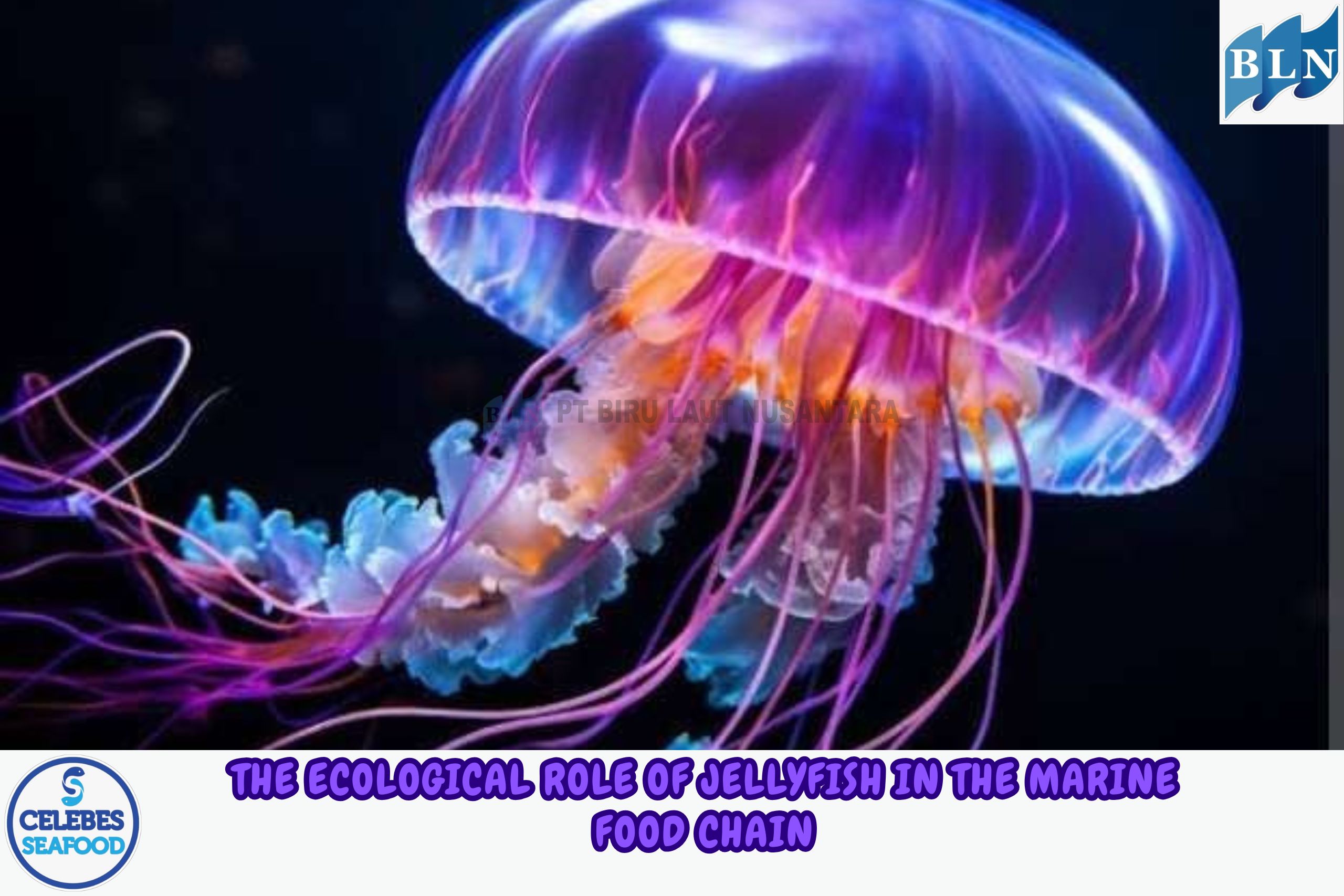

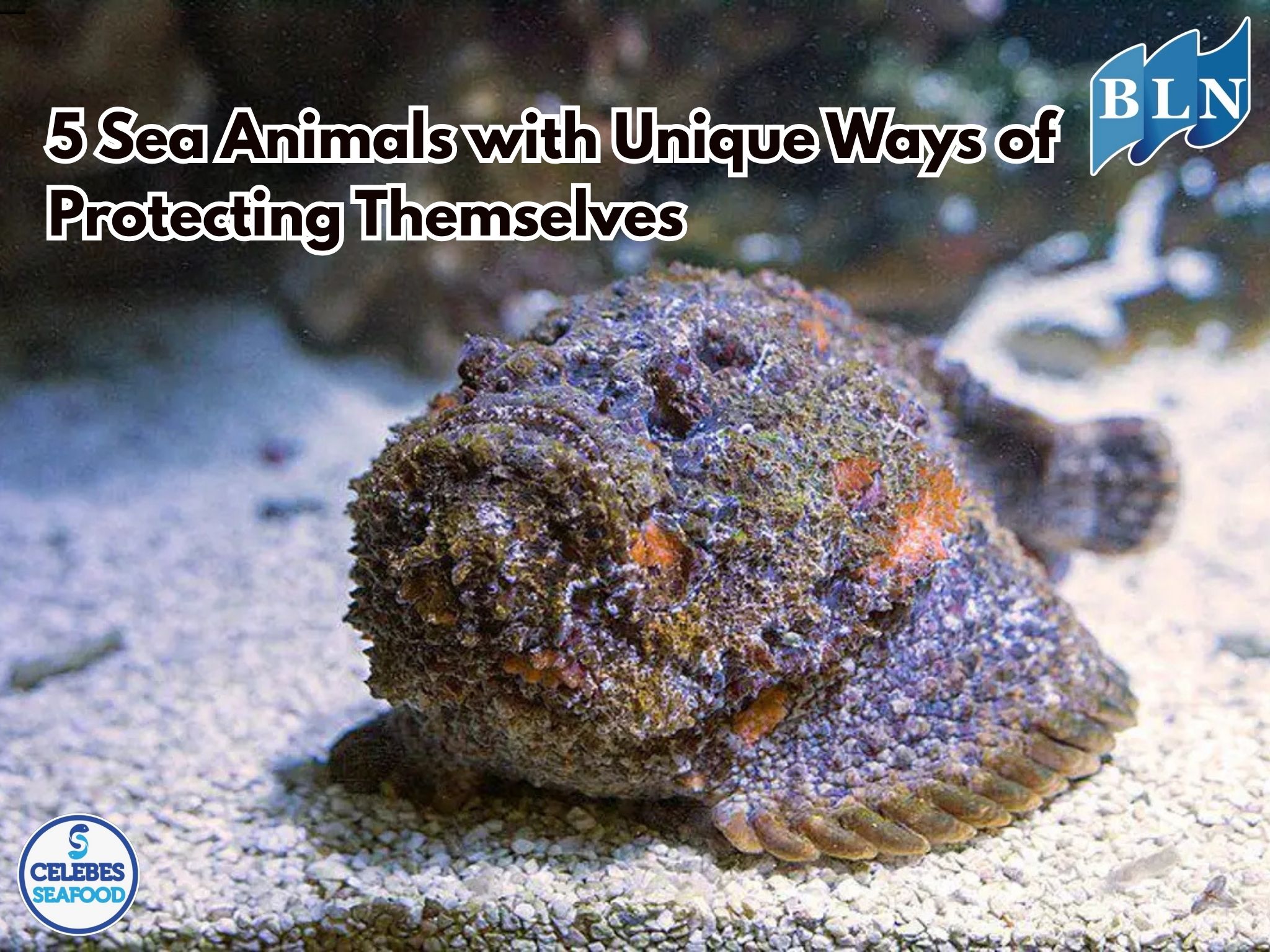

.jpg)

